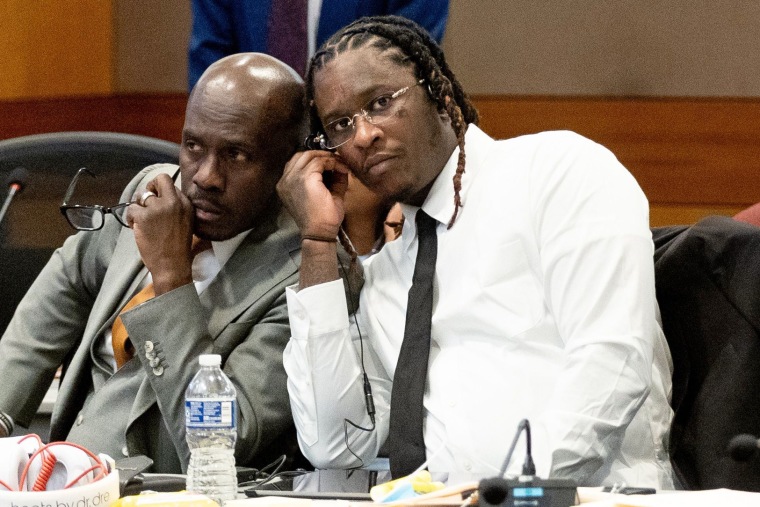The Impact of Rap Music on Juvenile Delinquency: Negative the Influences
Rap music of the present has sparked worries in recent years regarding its possible impact on juvenile delinquency. Rap critics contend that specific themes and messages in the lyrics may influence young listeners to engage in harmful behaviors. This blog will look at the things that make young people more vulnerable to the influences of rap music and see if there's a connection between rap music and delinquent behavior.
Adolescence is a period of heightened vulnerability, marked by the search for identity and a desire for independence. During this developmental stage, individuals are more likely to be influenced by social factors, including popular culture. Rap music, with its explicit lyrics and portrayal of urban lifestyles, can appeal to the rebellious nature of teenagers, offering them an outlet for expression and identification. Rap music often reflects the social realities of marginalized communities, addressing issues such as poverty, crime, and systemic injustice. Juveniles growing up in similar environments may find solace in a connection in the lyrics, leading to a sense of belonging. However, this sense of belonging can also contribute to peer pressure, pushing individuals to adopt delinquent behaviors as a means of fitting in or gaining respect within their social circles.
Rappers are enablers frequently seen by their fans as powerful individuals. These artists may serve as role models for young listeners, who may emulate their attitudes, lifestyles, and even the illegal acts they portray in their songs. Rap lyrics that glorify illegal activity have the potential to obfuscate the boundaries between fact and fiction, making it difficult for young people to discern between serious consequences and entertainment.

One policy analysis created in response to this social-ecological perspective would be the Children/Families In Need of Services 63C-1.00. 63C-1.001 rule establishes the procedure by which children in need of services and their families may receive available services to preserve the unity and integrity of the family while emphasizing parental responsibility and along a continuum of increasing intensity and participation by the parent and child. Specific Authority 20.316, 985.64, 985.601(7), 984.04(3) FS. Law Implemented 984.04(3), 985.601(7) FS. History–New 5-6-07.
This policy embodies a social-ecological perspective, aiming to provide structured support and interventions that preserve family unity and integrity while emphasizing parental responsibility. Through its framework, this policy sets forth a series of implementations designed to address the diverse needs of vulnerable families and foster their empowerment within the community. At the core of this policy lies the imperative of assessment and identification. Recognizing that every family's situation is unique, there exists a structured process to identify children and families in need of services. This involves thorough assessments conducted by trained professionals to ascertain the specific challenges and requirements of each family unit. By understanding the root causes of their difficulties, appropriate interventions can be tailored to address them effectively.


Comments
Post a Comment